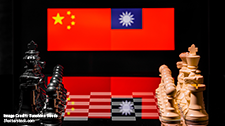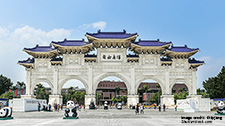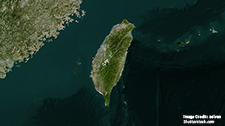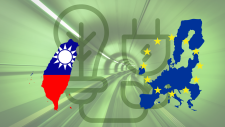From Domination to Co-Creation: How Taiwan Sustains Semiconductor Leadership through Adaptive Industrial Policy
Zsuzsa Anna Ferenczy and Yingfen Lin
Amid heightened geopolitical tensions, global supply chains are experiencing an unprecedented realignment. Semiconductors have emerged as a strategic asset, an industry where Taiwan has cemented global leadership. Its tech expertise, and robust democracy underpin Taiwan’s strategic value and reliability. While the EU has turned to large-scale subsidies to localize semiconductor production, Taiwan’s success is not the product of any single policy instrument, but reflects a long-term trajectory of institutional foresight, public-private synergy, and adaptive international engagement. As Taiwan’s experience shows, building lasting technological capacity requires more than subsidies. It is about crafting coherent ecosystems, where both state and market roles evolve in tandem. As like-minded partners, closer cooperation between Europe and Taiwan can strengthen mutual resilience. This issue brief discusses how Taiwan’s model provides a blueprint for building economic resilience and technological leadership in a hyper-connected world.




